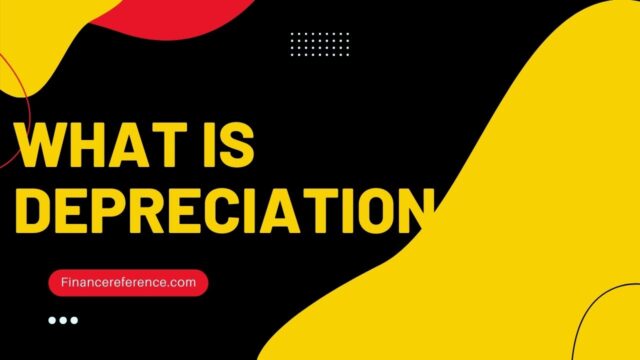Depreciation
What is depreciation and how does it work Depreciation is an accounting method used to spread the cost of a long-term asset over its useful...
Credit Card
DefinitionA credit card is a payment card issued to users to enable the cardholder to pay a merchant for goods and services based on...
Underperform
What does 'Underperform' mean Underperform is an analyst recommendation when a stock is expected to do slightly worse than the market return....
Interest Rates
Definition Interest rates are the percentage of a loan that a lender charges for borrowing money. The interest rate is the cost you pay each...































